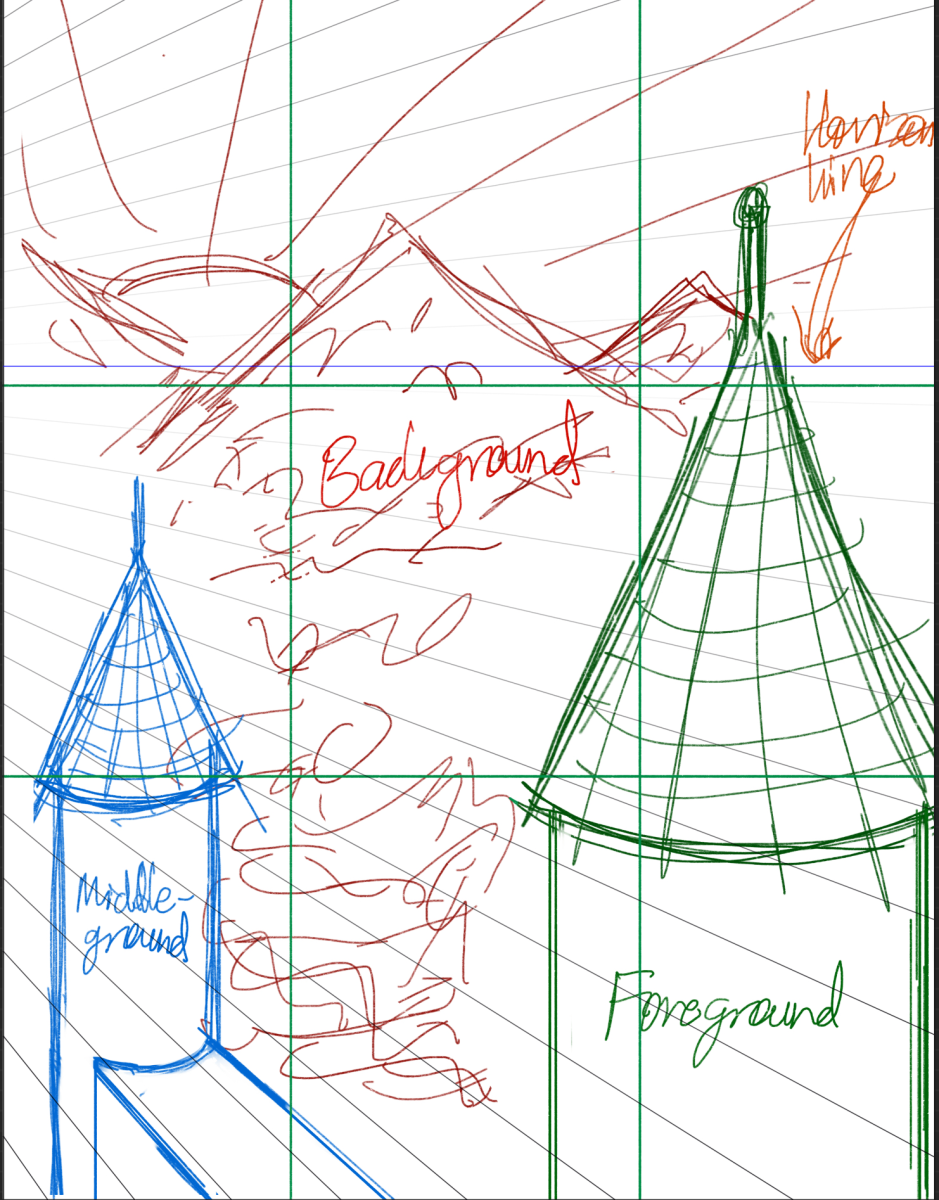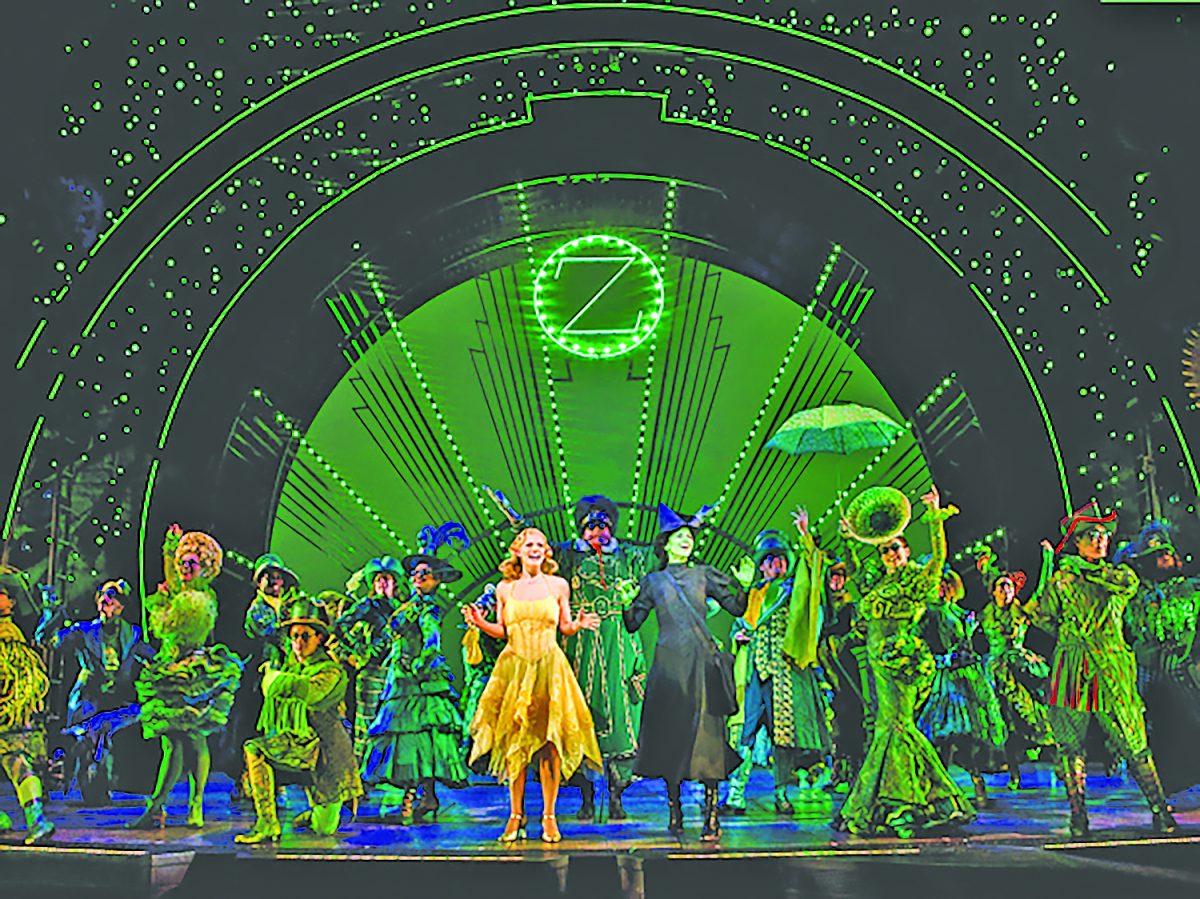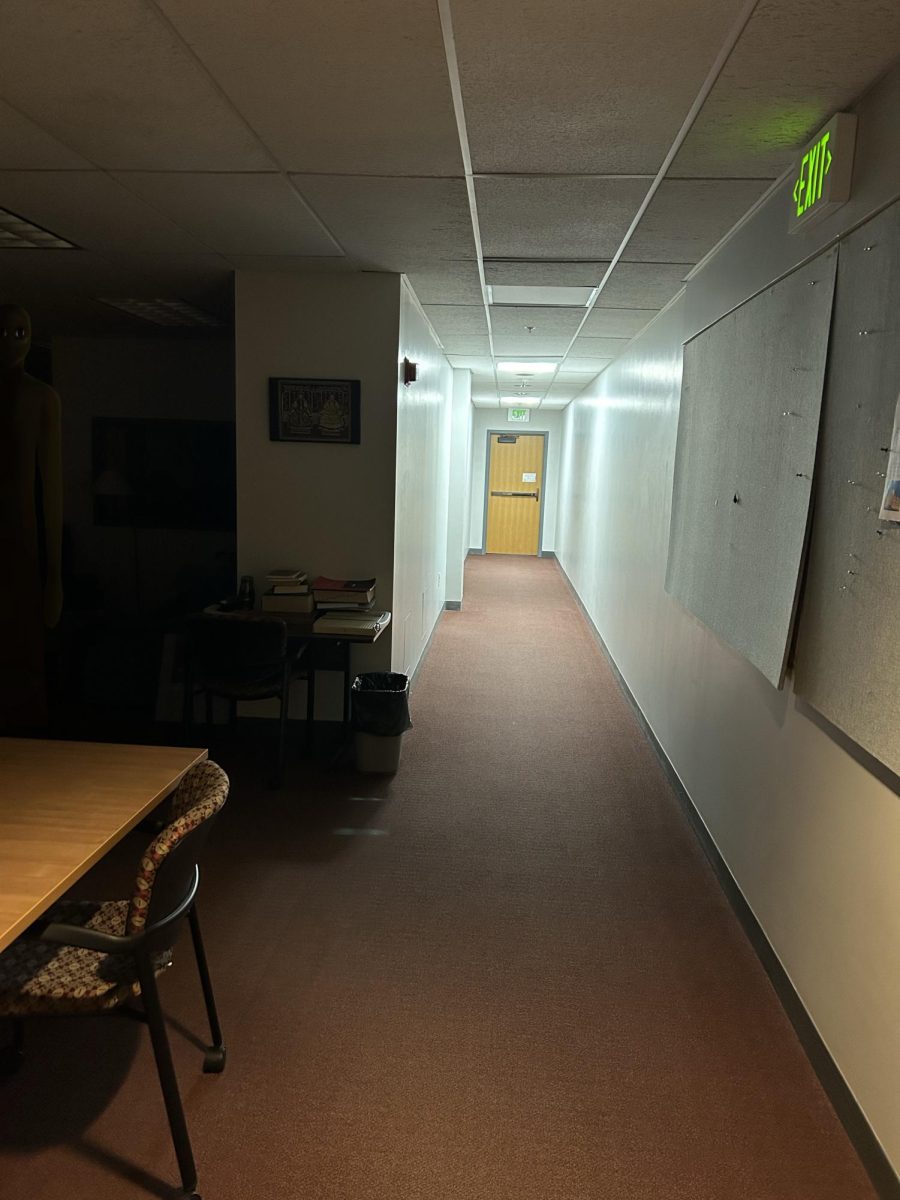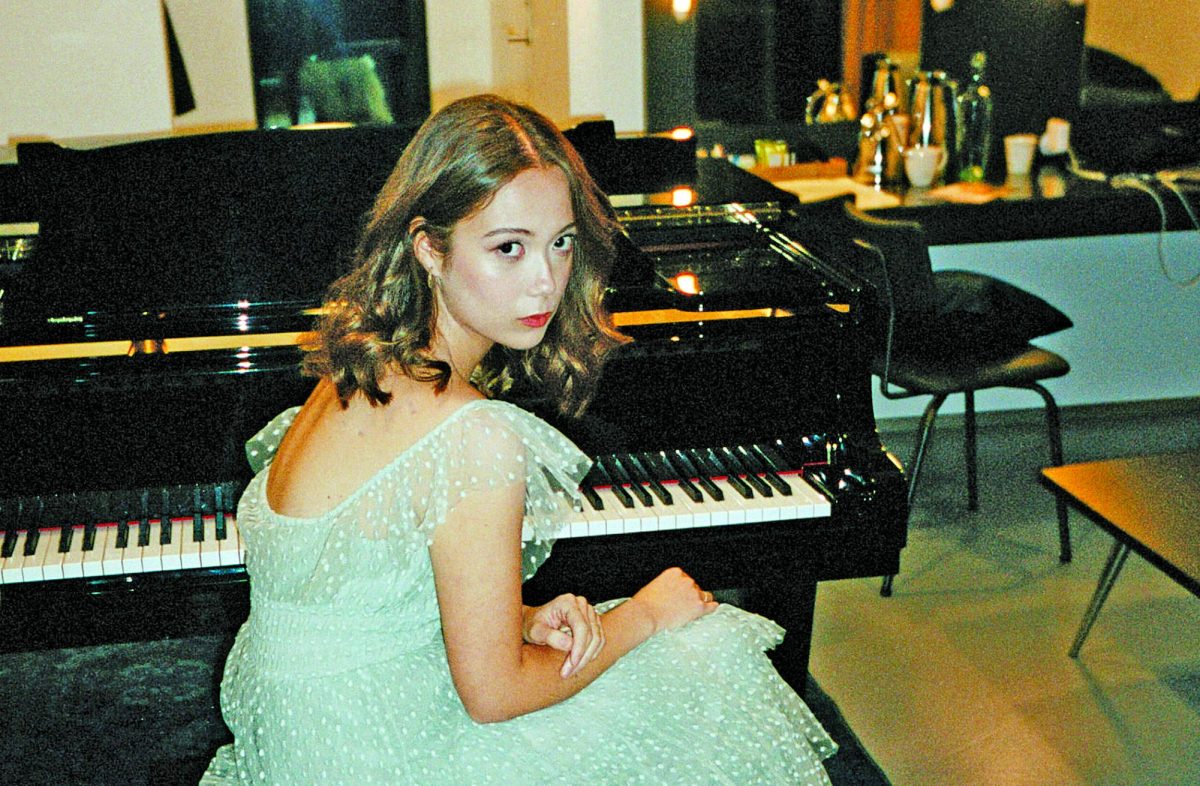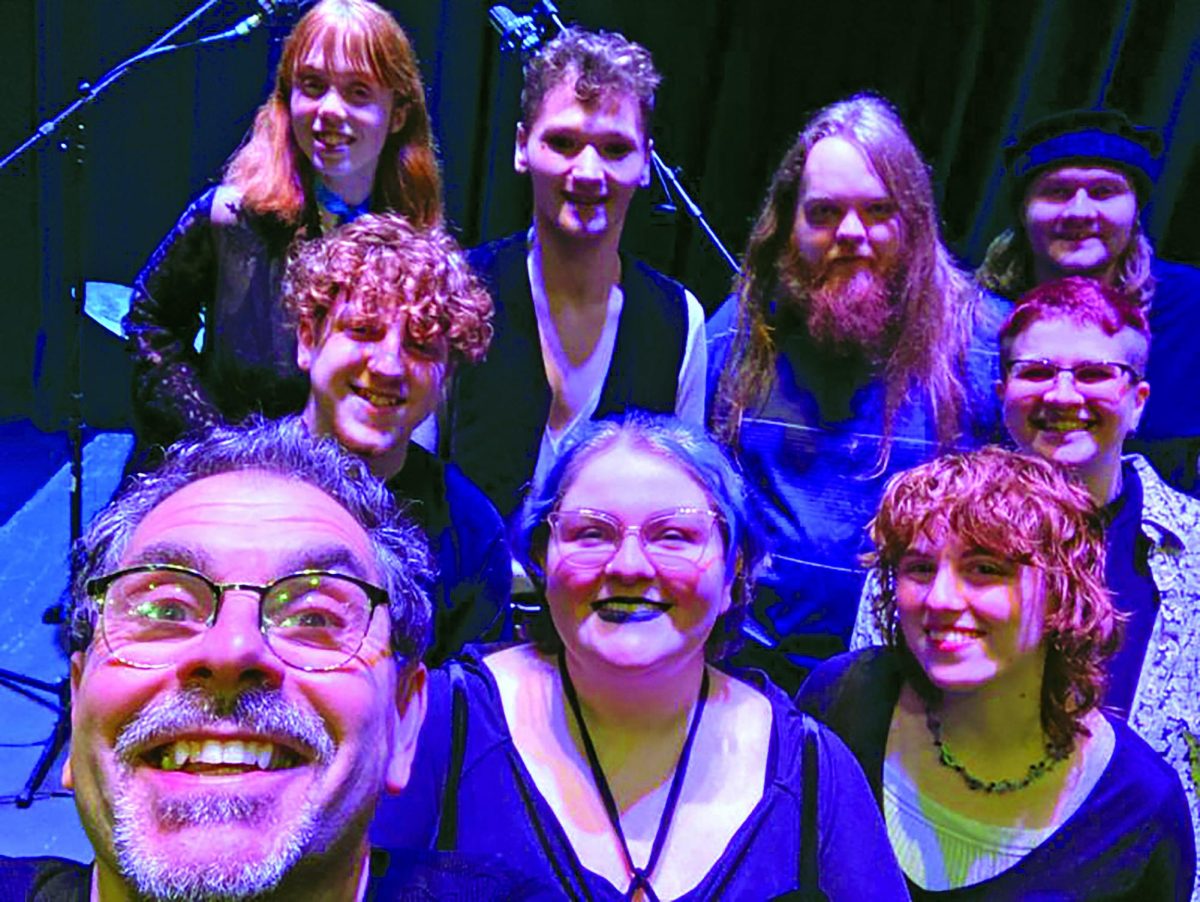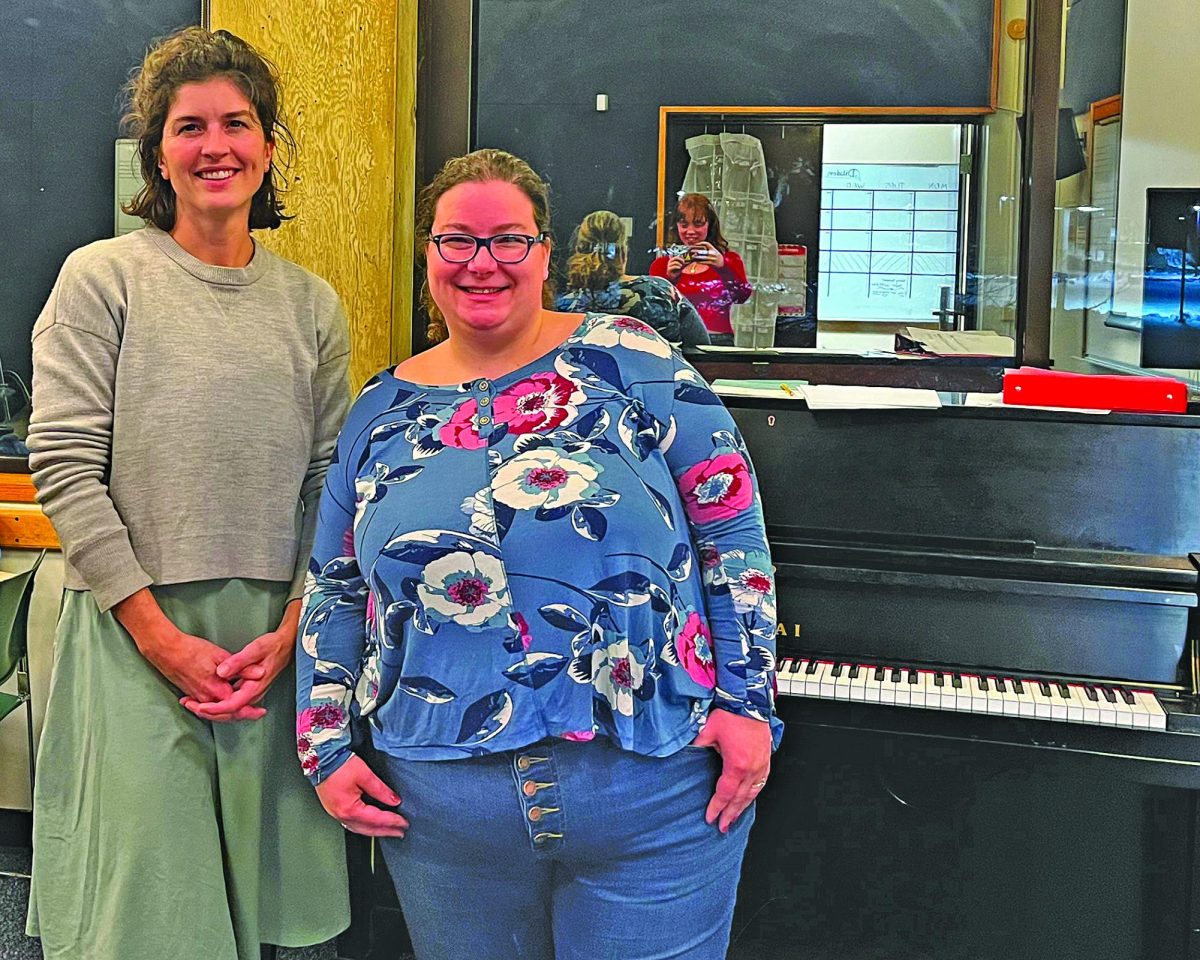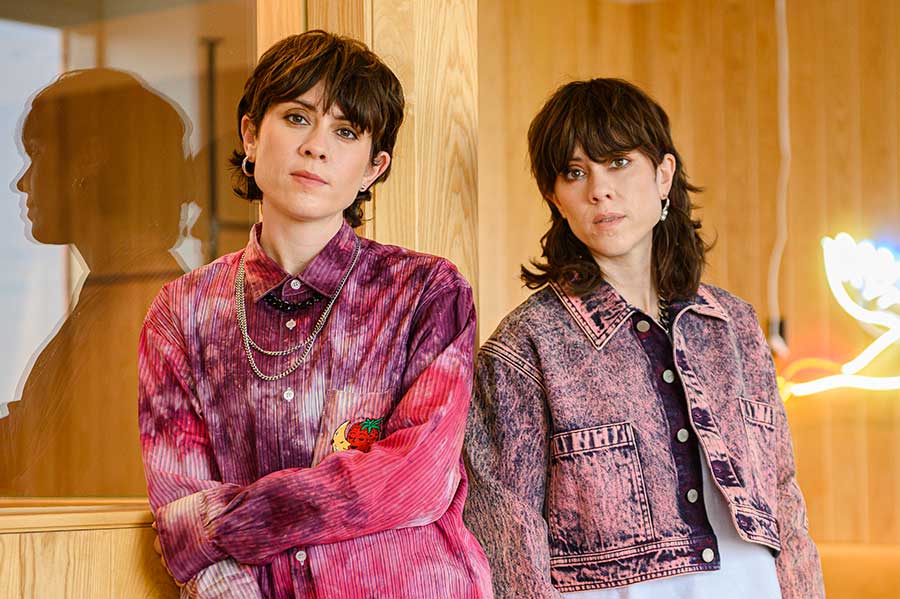Taylor Swift’s “Red” is one of the loveliest pieces of pop art about young love in recent years. It’s incredible that Ms. Swift’s capable of such a panoramic view of young love and relationships at 22. She’s considered everything she’s singing about with the kind of thoroughness I’d expect from a young novelist. It isn’t presented like Nicole Krauss, but I wouldn’t expect Nicole Krauss to present her writing like Taylor Swift. And the panorama doesn’t seem a quarter as detailed as that of “Blood on the Tracks,” but is life at 22 a quarter as detailed as life at 33?
Taylor Swift still believes in true love and happy endings, but now she understands those who don’t, which makes her belief that much deeper and stronger. She’s not looking for Prince Charming anymore, thank goodness: She sings, “So you were never a saint/And I’ve loved in shades of wrong,” but in the same song sings, “This is the worthwhile fight/Love is a ruthless game/Unless you play it good and right.” Far cry from “You’ll be the prince and I’ll be the princess/It’s a love story baby,” which she was singing in 2008. She was good when she started, and she’s growing.
She takes a lot of flack from country purists. Taylor Swift’s music isn’t really country, though country isn’t as far from rock ‘n’ roll as it was back in the Johnny Cash days. Country was just a springboard for Ms. Swift, fertile soil for growing the kind of hopes and dreams and romanticism that taste so sour to those who don’t like her music. She’s a pop-rocker, as gifted a pop artist as Nicki Minaj (and then some), but Nicki Minaj’s music is fueled by her beats and eccentric indepence, while Ms. Swift’s runs on catchy hooks and hope – which, damn it all, still aren’t as hip as beats and eccentricity.
“Fearless” was the Romantic album, “Speak Now” was the Righteous album and “Red” is the Realist album, not that Ms. Swift’s shed her romanticism (thank god) or her sense of righteousness. It’s just that she isn’t blindly romantic anymore: she’s got the experience to back it up. She understands the attraction of love that’s “faster than the wind, passionate as sin.” She doesn’t yearn for a white horse: for her love she’ll “do anything you say/If you say it with your hands.”
The bulk of “Red” is reflective songs, songs about breaking up, confusing relationships and lost love, now with added danceability – yet still it ends with “Starlight” (“Don’t you see the starlight, starlight/Don’t you dream impossible things”) and “Begin Again” (“I’ve been spending the last eight months thinking all love ever does/Is break and burn and end/But on a Wednesday, in a café, I watched it begin again”). She can pull it off because she’s in a “State of Grace.” She pulls off singing about her “State of Grace” at age 22 because she’s come to understand the difference between a landmark and a destination.
Ms. Swift’s finally living in the world almost as much as she’s dreaming about it. She wouldn’t have offered “22,” a synth-glossed fist-pumper anthem about being “happy, free, confused, and lonely at the same time,” on “Fearless” or “Speak Now.”
She says on the same song that this time in her life is “miserable and magical.” Her talent springs from her optimism, her incredible strength to overcome that misery and live in that magic. She’s like Steven Spielberg in this regard, and similarly dismissed.
America was built on these hope and dreams, but American culture’s been corroded by cynicism like a sleek new car by rust. So much of the new generation is taught to mistake cynicism for realism and classify optimism with romanticism. This makes it a lot easier to dismiss Taylor Swift as icky, fluffy or “the definition of pop,” as one of my friends put it, as if that’s an insult. Nicki Minaj, the alternative of choice, isn’t any less “pop,” but Nicki’s rocking the hip approach (beats, flaunted sex, eccentricity), while Ms. Swift gets tossed in the bargain bin with Disney flicks (no!) and – huge mistake – Miley Cyrus.
Miley isn’t much of a role model. Her music seems careless, and it seems like cotton candy next to Ms. Swift’s Americana grill gourmet, not to mention Ms. Cyrus’s grossly publicized extramusical misadventures. We could do worse than Nicki Minaj, who’s crafty, individualistic and funny. I still think she’s clever, too, even though she digs Mitt.
But Taylor Swift is almost impossibly strong for a woman of her age with her spirits. She’s a hell of a role model. Sure, the success doesn’t hurt as far as maintaining that optimism, but who else among the hyperpublicized pop personalities strives for so much positivity? Dismissing Ms. Swift as “virginal” or “fake” is as bad as dismissing sexually explorative young women (missing the chastity ring) as sluts. “We could get married/Have ten kids and teach them how to dream” is a better policy for improving America’s future than anything Mr. Obama or Mr. Romney have proposed.
There’s nothing fake about it: Taylor Swift is after love before sex, kindness before careless freedom, and the Big Picture before the Big Night. She’d only dance the night away to see the sunrise. And whatever she said in that red dawn morning, I’d bet my heart she’d mean it.



